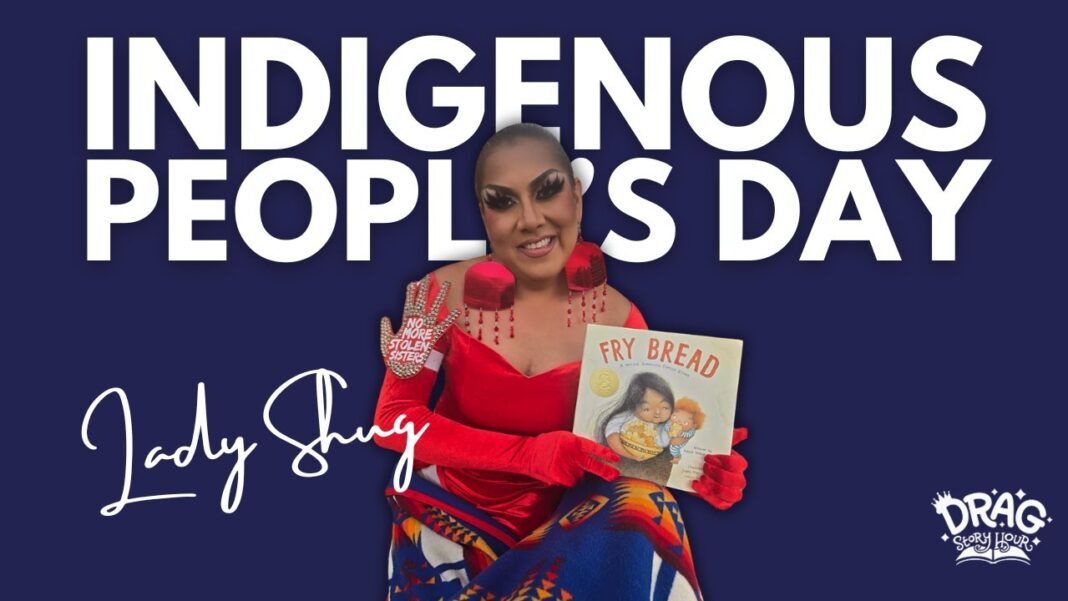The American Academy of Pediatrics is recommending many young children receive a COVID-19 vaccine, diverging from U.S. government recommendations.
The nation’s largest association of pediatricians and the Department of Health and Human Services (HHS) are at odds over recommendations for COVID-19 vaccines for children.
The American Academy of Pediatrics (AAP) released new COVID-19 vaccine recommendations earlier this week, diverging from the Centers for Disease Control and Prevention immunization schedule for children.
After the release, HHS Secretary Robert F. Kennedy Jr., whose agency oversees the Centers for Disease Control and Prevention, called on the academy to disclose any conflicts of interest.
Here’s what we know about the situation.
The Vaccine Schedule
The AAP said on Aug. 19 that all children aged 6 months to 23 months should receive a COVID-19 vaccine.
The recommendation is at odds with the official CDC schedule, which calls only for vaccinating children with at least one condition, such as obesity, that the CDC says places them at higher risk of severe COVID-19 outcomes. The American Academy of Pediatrics and other groups challenged the CDC schedule in court.
The academy also says children of other ages should receive a COVID-19 vaccine if they are unvaccinated, reside in congregate settings (i.e., a place where unrelated people live in close quarters and share at least one common area), are at high risk of severe COVID-19, or live with people who are at high risk.
“The AAP also recommends the vaccine be available for children ages 2–18 who do not fall into these risk groups, but whose parent or guardian desires them to have the protection of the vaccine,” the academy stated.
Kennedy’s Appeal
After the AAP released its new recommendations on Aug. 19, Kennedy said on X later the same day that the Trump administration believes in free speech and that the academy “has a right to make its case to the American people.”
At the same time, he called on the academy to “disclose conflicts of interest, including its corporate entanglements and those of its journal—Pediatrics—so that Americans may ask whether the AAP’s recommendations reflect public health interest or are, perhaps, just a pay-to-play scheme to promote commercial ambitions of AAP’s Big Pharma benefactors.”








